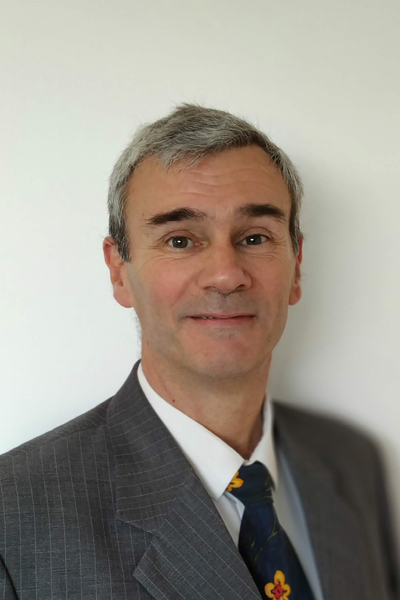The attached article was published recently in the Economist magazine. It highlights the changing face of education as it pertains to employment opportunities. More particularly, it discusses the need to continue learning throughout your career in order to keep pace with change.
CPE requirements are mandatory across most professions. The standards to be met under the various professional memberships I hold range from the mundane to the more forward thinking. However, overall, each have an implicit ‘status quo’ or keep up to date philosophy.
In my view, and in the context of the appended article, it is clear that this philosophy will leave many professionals behind over the medium term. Our external environment is changing, and in order to be leaders of that change, we need to not only keep pace with external change but to use that knowledge to lead the direction of industry.
As part of my work in the education sector, I have seen a “lifelong learning” philosophy espoused. In the schools I have been involved with, a strategic decision was taken to prioritise investment in professional education as the key pillar to meet their fundamental educational goals for their clients (ie the students).
Similarly, at Nexus group, we invest heavily in education, both internal and external. We have generated an internal training facility, and run lectures & workshops on a broad range of topics. Some of these are technical in nature, but others are more widely focused, recognizing that successful professionals no longer bring only technical skills. Each of our team are urged to put to one side their bare CPE requirements and design a plan for ongoing learning that will position them to meet career goals.
Luckily, though, once you have accepted this as a priority, you realize that it’s actually enjoyable! Rather than resenting the need to sacrifice hours to meet the annual CPE grind, the whole process becomes quite exciting.
